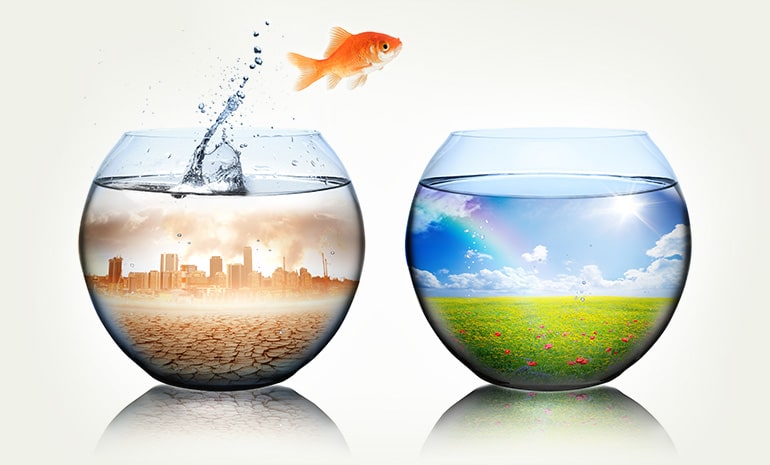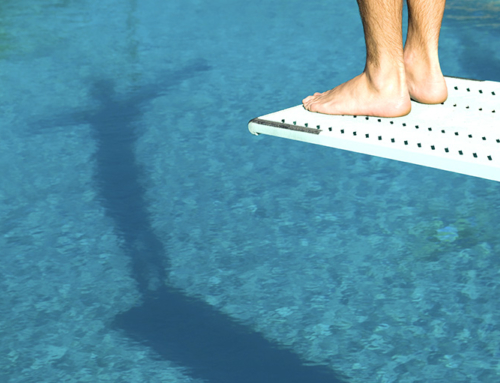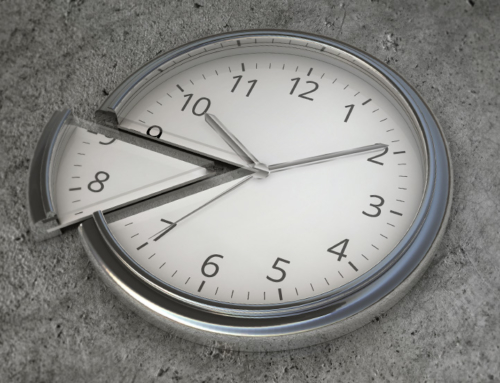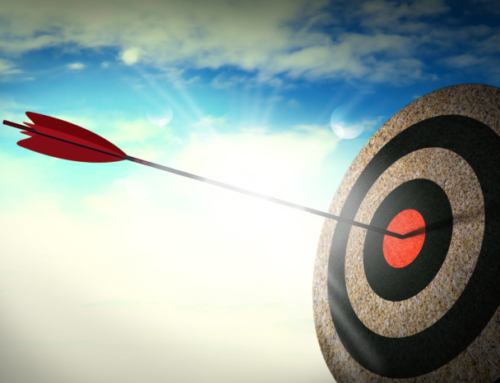Today’s post focuses on what I’ve learned to talk about to patients recovering from addictions. The title of today’s post includes the phrase What They Don’t Tell You and is meant for the person recovering from an addictive disorder. It isn’t quite true that patients haven’t been told the topics I present below since many counselors, therapists, and prescribers experienced in addictions in fact do talk about them. But in my experience, I found that these topics are often new or somewhat new to my patients with addictions despite their central importance to their recovery.
The messages I try to convey to recovering patients are not easy to hear. I never ‘lay it on them’ all at once, and for many patients, I never lay it all out completely. Also, these messages arrive in the context of motivational enhancement techniques. But I don’t protect patients in recovery from the hard truths of recovery because they will experience these challenges anyway; and when they know that others know, at least partially, what they’re going through, it is comforting. Recovery is hard. Damn hard. I’m not surprised that so many people fail, often multiple times, with some never able to leave the drug behind.
Without drugs, you’ll find you don’t have much of a life
Drugs take up a huge amount of time. Being intoxicated takes hours and even if you can get some other things done while high, you’re still very much under the influence of that drug. The drug colors all those experiences you’re having when you’re high, and to a large extent, all your other experiences even when you’re not high. Also, many drugs are associated with being hungover or with having to recover from them in some other way. Additionally, unless you’re buying really cheap alcohol, you might need to spend a lot of time acquiring the drug, getting the money to pay for it, and/or getting it from your dealer.
Once all this drug-related activity goes away in recovery, you’ll find you have a huge time hole in your life with perhaps nothing else to fill it with. You’ll also have another type of hole where the high used to be that is now gone. You’ll likely feel lost, bored, tense, just facing a pointless day, especially after the intensive part of your program ends. And guess what? No person and no thing likes a vacuum. Something will fill those holes in your life and for many people in recovery, unfortunately, that something is the drug or drugs from which they’re recovering.
So, you’ll have to build a new life, one worth living
Not only are you going to have to fill in all that free time, you’ll have to fill it with something that is equally enjoyable or meaningful to you as it was getting, using, and recovering from the drug. Otherwise, the drug will win. Now, keep this in mind: at the start, it might be hard to find this alternative ‘thing’ that is as fun or as meaningful as the drug. It takes time to both find that right thing and time to learn to appreciate it. So, it’s important to find ways to stay sober while your new life is ‘under construction.’
Keep that in mind as you tell yourself the next thing, which is both a further challenge to building a new life and also a way of doing it. And that is that you must now find new friends and lovers, and new things to do, places to be, and habits and skills to get you through the day. You must discover the joys of being sober, of being free, and that takes time and having new experiences. All this adds to the challenge but is also the way out. If you have new friends, lovers, interesting things to do, and new habits and skills, then you are well on your way to developing that new life that is not just a gray boring uncomfortable blob.
And keep this in mind: when you’re sober and trying to meet new people, get back to work, start new hobbies, etc., you’ll find you may suck at this. You’ll feel uncomfortable, out of your element, vulnerable. You’ll feel like a teenager with no confidence and little skill. This is to be expected. There are many things you didn’t learn because the drug ruled your life for so long. You will struggle to learn all this, and doing so while at the same time dealing with your emotions, lack of confidence, and with the pullback to the drug, that old familiar devil.
The call of the drug is never far away
The drug calls to a person in recovery through cravings, those physical urges, like an itch that needs scratching, to get back to using it. But after a while, those physical cravings often slow down and stop. But the drug has other tricks up its sleeve. It calls to you in other ways: you’ll feel it when you’re feeling bored, stressed, vulnerable, tired, overwhelmed, angry, unable to sleep; also when you feel you don’t have the chops to get something done, when you’re rejected by someone, when you lose track of why you’re doing all of this in the first place.
Recovery isn’t always one day at a time but instead, one thought at a time. It’s not uncommon to have this “Oh, what the f*ck” thought that is never far away, that can come into your mind unexpectedly, even when you’re feeling good when something good happened. Over time, this thought loses some power but may never disappear. And you have to have a strategy to deal with it when it comes.
That’s why it’s hard to do all this on your own. The good news is you don’t have to
Recovery may be the hardest thing you ever do. It’s probably also the most important thing you’ll ever do. Everyone has the chance to build a life worth living. Everyone in recovery has a chance to be part of a community, to learn, to teach, to support, and be supported. Get a sponsor. Make your meetings. Work your steps.
Thanks and take care.
Dr. Jack
“Getting sober is a radically creative act.”– Meredith Bell
“Sobriety was the greatest gift I ever gave myself.” – Rob Lowe
“I understood myself only after I destroyed myself. And only in the process of fixing myself, did I know who I really was.” – Sade Andria Zabala
“Recovery is an acceptance that your life is in shambles and you have to change” – Jamie Lee Curtis







This is a great article and I’d like to see more like it! Thanks,